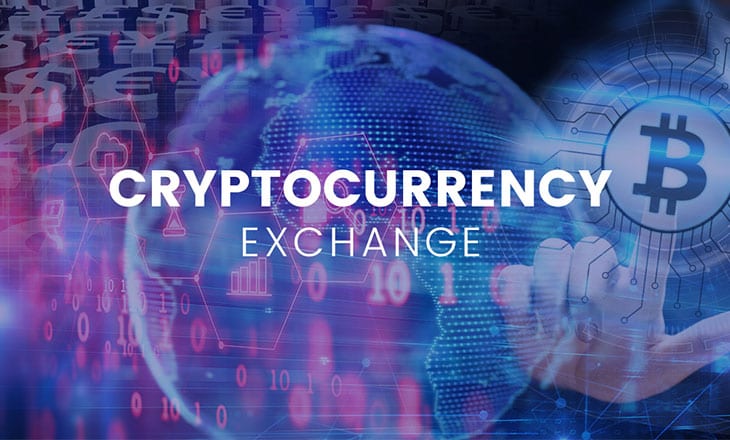The early visions of cryptocurrencies and blockchain technology attracted a supportive throng of libertarians and religious zealots, who envisioned a perfect world of peer-to-peer exchanges of value over totally private and decentralized crypto exchanges, or “DEX’s”, the term preferred in the digital world. Such exchanges would allow for an infrastructure free from government control and assets that could not be diluted by the actions of a central banking organization. Such visions have led to the formation and popularity of DEX’s, but per one pundit, these “decentralized blockchains are far from perfect, and aren’t producing innovations as quickly as anticipated”.
The cadre of zealots and libertarians, however, have, in their minds, had to make continual compromises over the past decade in order for the awareness and acceptability of all things crypto to expand and grow, first with the general public, but more importantly with regulators, government officials, Wall Street, and eventually with institutional investors, the bastion of promise that the same group argues will solidify the notion of cryptos forever on the planet.
One observer summarized the current situation as follows: “Most people now realize that swapping between an ever-expanding array of tokens online isn’t what will bring blockchain into the mainstream, so the rise of DEX products isn’t seen as especially bullish or optimistic. The universal pipe dream for blockchain now entails real decentralized applications, for which Ethereum leads the charge, but progress is slow and an endless series of roadblocks (scaling, governance, environmental impact and more) continue to force us to move the goalposts.”
Like it or not, centralized approaches of the blockchain have been what has hit the mainstream to date. As evidenced by the recent Forbes “Top 50” list of global corporations, large billion dollar entities have invested in and implemented blockchain solutions based on decentralized ledger systems that are controlled at a single point. Solutions have ranged from finance to supply chain management. High profile examples have been IBM’s World Wire service, which allows companies to effect cross-border payments of any size. IBM acts as the intermediary, remitting payments to the appropriate wallet, providing custodianship, and ensuring that everything is handled safely, effectively, and accessibly.
JPMorgan Chase has gained a great deal of notoriety over its internal blockchain solution that will help its global cash management service to operate more efficiently, eliminate unnecessary time delays, and cut costs for the entire service. Facebook has also garnered enormous attention for its planned cross-border payment service, utilizing a proprietary blockchain network and stablecoin arrangement. It is in pilot mode in India and is expected to launch globally near the end of this year.
A host of newly developed blockchain applications are entering the market on a regular basis now, but each product seems to take centralized approach to using a decentralized ledger system to achieve its goals. Libertarians may resist and grimace, but the market is speaking. Totally decentralized services do not appear to be the wave of the future. The anonymity debate, however, is also looming and must be addressed if regulators and government officials are to buy in totally with the digital revolution. Adequate KYC and AML controls are a necessity in today’s world to ensure the credibility and reliability of the entire crypto network and block nefarious uses of the network for criminal or terrorist activities. Increased awareness and acceptance depend on cryptos and the blockchain maturing to this next level.
